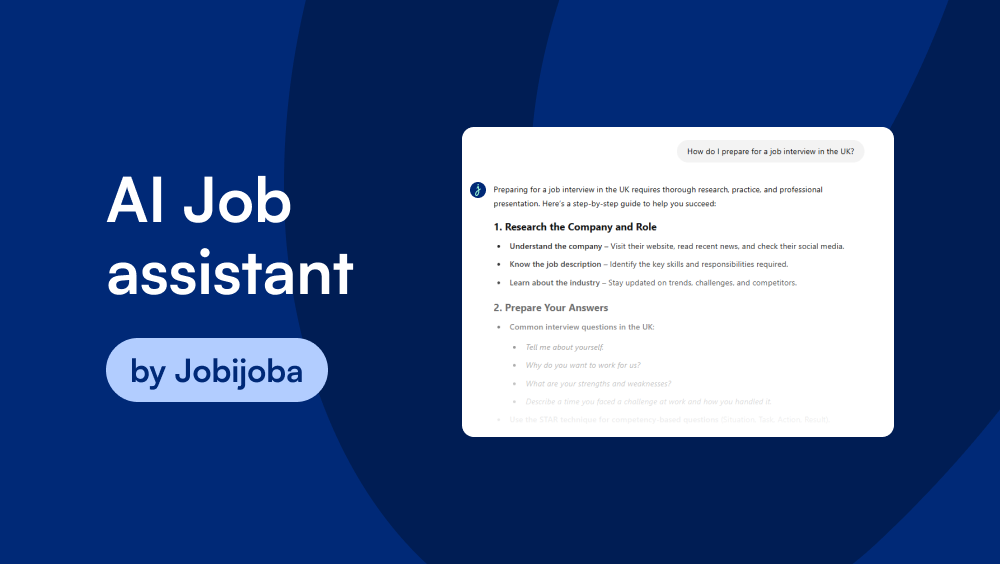Are you struggling to get interviews? Is your CV is looking a bit empty or disjointed? To top it all, despite fullfilling all the requirements, you still don't hear back from employers?
Understandably you may find yourself wondering if it would really be so terrible to just tweek your CV a little. Nothing major, just a few tiny date changes or a slightly fancier title for your pervious post. Maybe that's what it takes to finally attract the attention of recruiters and land the job you want - right?
Such a temptation can be strong and hard to resist. Take a look at the following CV issues, do any sound familiar to you?
Window dressing periods of inactivity
Have you had a period of inactivity leaving " a stain " on your CV? So you figure stretching out the dates from experiences prior and afterward wouldn't cause too much harm. However, be aware this type of information is increasingly checked either against social networks or with your former employers. .
Overselling your degree
Are the minimum requirements for that dream job just a little higher than those you have? You know you're capable of the job and you don't want them to overlook you so what's a little upgrade? ...
However, copies of diplomas are often required to confirm the recruitment process. We're guessing it'd be far easier to prove you can do the job with your current level of education than to try and prove you're trust worthy, after having lied on your CV.
Overrating your language skills
Spending two weeks abroad practising your 'Hello's, 'Please's and 'Thank You's doesn't qualify you as bilingual. To be able to claim such a title, there has to be a significant indicator, for example, having spent a year in a foreign country or qualifications in the language. Your level of language can very quickly, and very easily be falsified. It takes just a couple of questions in the target language to distinguish those candidates that know what they're talking about, and those that didn't understand a word.
Lying on your CV may land you an interview but it will soon become apparent that your skills or experiences do not quite match the standard stated on your CV. Faking elements of your CV is unnecessary and particularly risky if the recruiter finds that you've lied.
To compensate for these small ‘gaps', it is better to instead build on the strengths of your profile: detail the most important and most coveted job you've had and it's related tasks, illustrate your projects and their effectiveness through figures, pictures or even a book. Ultimately it's up to you to determine how best to do it but whatever you do, take your industry into account and ensure whatever you so it fitting.









What do you think about it? Share it with us!